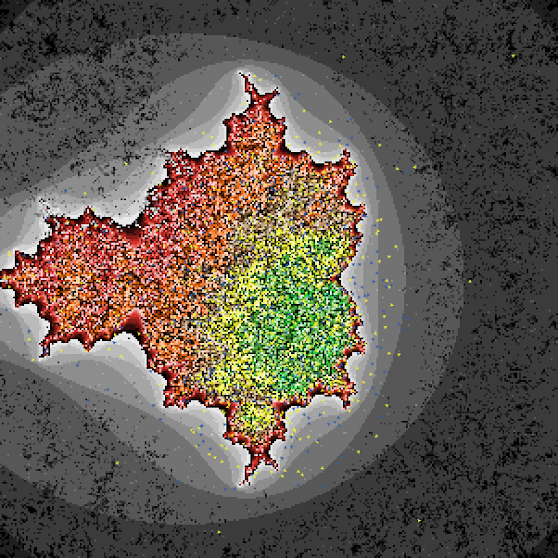Just-in-time learning
09 September 2013

People attempting to predict what the future of learning might be is obviously fooling themselves: The variety of styles will likely be as large as it gets, fades will come and go, blending among themselves in what promises to be an awesome ecology.
But then, at the risk of making a fool of myself, or maybe actually trying to make a fool of myself, here is my own prediction: One of the important components in future education will be just in time (JIT) learning, to the point of the very expression JIT becoming synonymous with learning. Rather than trying to define it, here is a vision: I am doing a task for personal or work-related reasons and in order to complete that task I need to have a certain ability and access some materials, but I don't know how to do it, where to get the required stuff, and who to ask. I search for the closest possible skill course, decide that it is close enough to my needs, and decide on whether I want to buy the learning nugget or get the freely available ones. Once I grab the learning nugget, it will first show me how to quickly run their example from start to finish and then how to adapt that same working example to my particular case.
There is a bunch of detail hidden into this description, and so let's dissect some of its pieces:
- I am talking about a task that could be for work or personal reasons, but the distinction between the two is getting more and more blurred everyday. If you hope to retire for any reason other than inability to do absolutely anything, think twice.
- By a task here I mean things such as programming a computer, building a bacteria to create something you want, building a certain 3D model for printing, communicating with another person ... anything requiring a skill set
- Searching for the right learning material will likely be a mix of search and social activity, similar to what it already is but more efficient, perhaps semantic
- It will be possible to understand, at a glance, exactly what kind of skill set you will have at the end of that learning experience. This means that practical outcomes will be more important than the whole theory that comes along with the learning is experience, theory will come later when and if needed. Again, this is JIT
- In order to deliver content that is precisely what people need, a great deal of dynamic, real-time market research will be going on, with an even better experience monitoring after the content is delivered. The continuous production of additional content will be driven by both the market research and the experience monitoring. In other words, markets will be highly segmented.
Anyway, like any prediction writer, I will likely regret having written this one, but it's written anyway.
by Ricardo Pietrobon
About Me
My name is Ricardo Pietrobon and I am interested in big data and situated cognition applied to immersive distance education.
- Are you primarily aiming at educating readers in the Introduction section of your original paper? If so, stop!
- Us Brazil
- Coaching researchers: How to cite a reference in an original article: Despite what you think, it might not be so obvious
- Coaching researchers: Why avoiding spreadsheets such as Microsoft Excel as the way to store your research data is likely not a good idea
- Coaching researchers: What is truly valued in an academic life in the US?